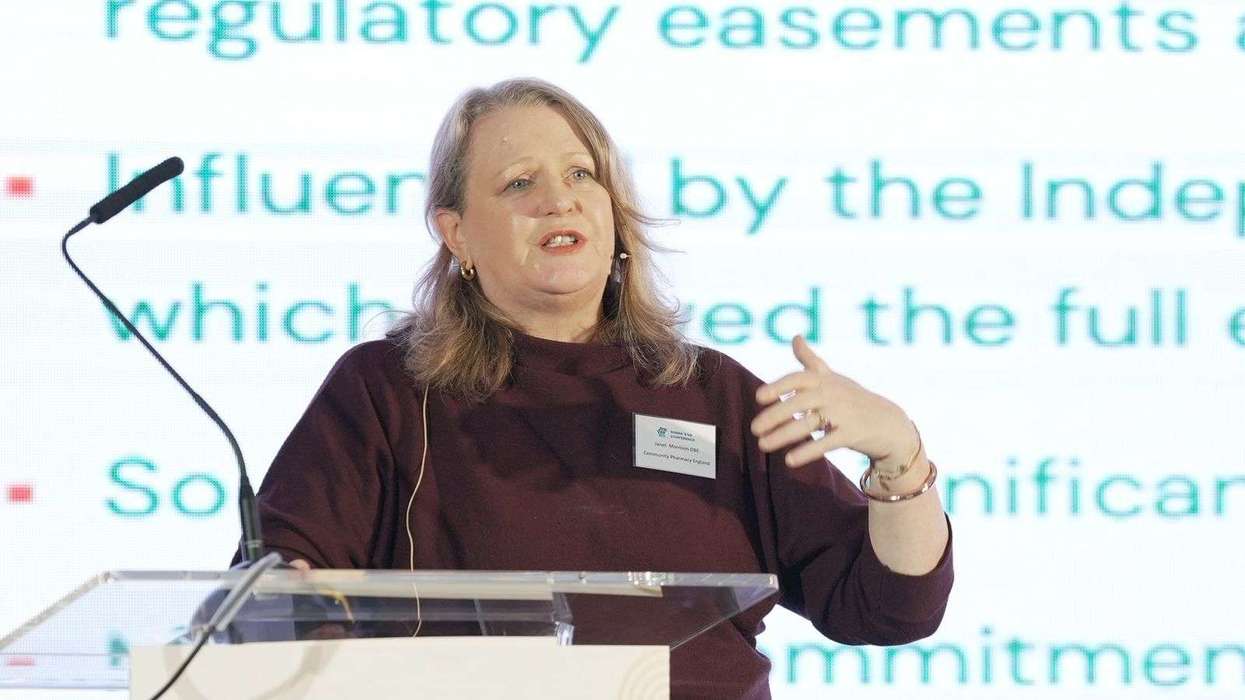Patients treated with sugemalimab lived on average 9.0 months without disease progression, compared to 4.9 months in the placebo group
The Medicines and Healthcare products Regulatory Agency (MHRA) has awarded marketing authorisation to CStone Pharmaceuticals for sugemalimab (Eqjubi) as a first-line treatment for non-small cell lung cancer (NSCLC) in the UK.
NSCLC is the most common form of lung cancer, accounting for around 80 to 85 out of 100 cases.
Sugemalimab is now approved as a first-line treatment, in combination with platinum-based chemotherapy, for adult patients with metastatic NSCLC who do not have EGFR-sensitive mutations or ALK, ROS1, or RET genomic alterations.
This UK approval follows its recent authorisation by the European Commission, marking the second international approval for sugemalimab.
CStone’s CEO Dr. Jason Yang described the UK’s approval as a significant milestone in their global expansion strategy.
“Sugemalimab is the first domestic anti-PD-L1 antibody to receive approval outside of China and has already entered the world’s second-largest pharmaceutical market, the EU.
“Now, with the UK approval, sugemalimab continued to expand its presence in the European market. The long-term survival data, recently presented at this year’s ESMO Congress, further confirmed sugemalimab’s value in the frontline treatment landscape for metastatic NSCLC,” he said.
Dr. Yang also higlighted CStone’s ongoing efforts to establish additional partnerships across Western Europe, Latin America, the Middle East, Southeast Asia, and Canada, with some agreements expected to be finalised soon.
Additionally, the company is working with the European Medicines Agency (EMA) and other agencies for additional regulatory applications for other sugemalimab indications, including Stage III NSCLC, first-line gastric cancer, and first-line esophageal squamous cell carcinoma.
The MHRA approval, dated 30 October, is supported by results from the GEMSTONE-302 trial, a multicenter, randomized, double-blind phase 3 study.
This trial demonstrated that sugemalimab in combination with chemotherapy significantly prolonged progression-free survival (PFS) and overall survival (OS) compared to placebo in treatment-naïve patients with metastatic NSCLC.
Patients treated with sugemalimab lived on average 9.0 months without disease progression, compared to 4.9 months in the placebo group.
The findings have been published in The Lancet Oncology and Nature Cancer, and were presented at several international conferences.
Sugemalimab, a monoclonal antibody targeting programmed death-ligand 1 (PD-L1), enhances immune response by preventing cancer cells from switching off immune cells
It is administered via intravenous infusion under the supervision of an experienced doctor.
Julian Beach, interim executive director of healthcare quality and access at MHRA, confirmed that sugemalimab met regulatory standards for safety, quality, and effectiveness.













